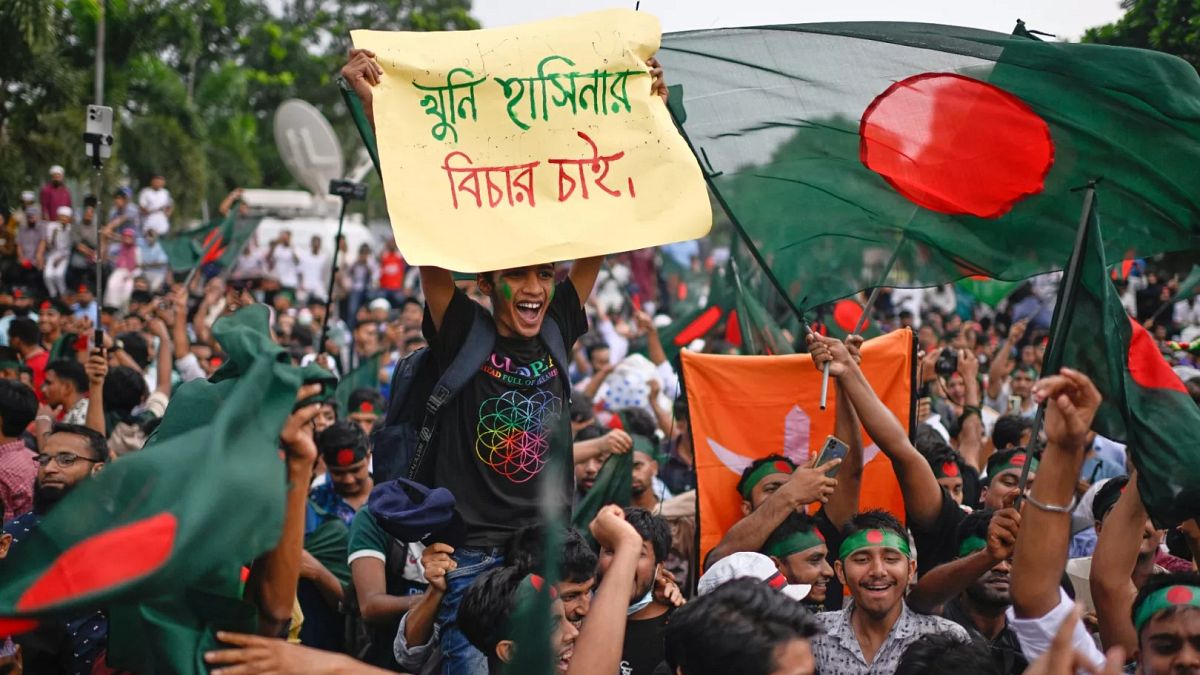

As the world steadily advances towards a future marked by collaboration and peaceful coexistence, significant steps are being taken across various regions to address pressing issues. From the anticipated parliamentary elections in Bangladesh to concerted efforts in Geneva to tackle plastic pollution, and from international migration agreements to peaceful initiatives on the Korean Peninsula, these global developments paint a hopeful picture of progress and potential unity.
In Bangladesh, a beacon of democratic process is on the horizon as interim leader Muhammad Yunus announced plans for parliamentary elections slated for February. In a recent televised address, Yunus shared his intention to coordinate with the Election Commission to ensure that the elections take place prior to the holy month of Ramadan. This timeline highlights a dedication to maintaining political stability and upholding democratic values within the nation. Such proactive planning reflects Bangladesh’s commitment to fostering a strong civic foundation and demonstrates a conscientious approach to governance.
Meanwhile, in Geneva, representatives from nations worldwide convene with a shared objective—to negotiate a binding treaty aimed at curbing the world’s escalating plastic pollution crisis. With projections indicating a tripling of plastic production by 2060, this gathering embodies an urgent call to action. Through these deliberations, participating countries seek to address the challenge at its root, fostering sustainable practices that benefit both environment and society. This collaborative effort underscores a growing global awareness and commitment towards environmental stewardship, envisioning a cleaner and healthier planet for future generations.
Across continents, in a move that reflects international solidarity, Rwanda has agreed to accept up to 250 migrants from the United States. This agreement marks a continuation of Rwanda’s role as a destination for those affected by displacement and migration policies. While the details of who will be included in this agreement remain unspecified, the Rwandan government’s participation showcases a willingness to support humanitarian efforts on an international scale. This initiative aligns with broader efforts to manage migration through collaborative international partnerships, ensuring the well-being and dignity of migrants are upheld.
On the Korean Peninsula, steps towards reducing tensions are also underway. South Korea’s president, Lee Jae Myung, has initiated the removal of loudspeakers along its border with North Korea—a gesture aimed at reviving dialogue with Pyongyang that had stalled under the previous administration. This action, described by South Korea’s defense ministry as a “practical measure,” articulates a constructive approach to easing inter-Korean tensions without compromising military readiness. Such measures highlight the potential for peace and reconciliation, emphasizing the importance of dialogue and mutual understanding in resolving longstanding conflicts.
These global actions, while varied in nature, collectively symbolize a broader movement toward addressing critical challenges through peaceful and cooperative means. These developments reinforce the notion that when nations collaboratively seek solutions, the potential for creating positive change is limitless. The world is reminded that through mindful diplomacy, sustained dialogue, and shared responsibilities, a harmonious future is attainable—one where collective efforts pave the way for sustainable peace and prosperity for all.
Source: {link}
